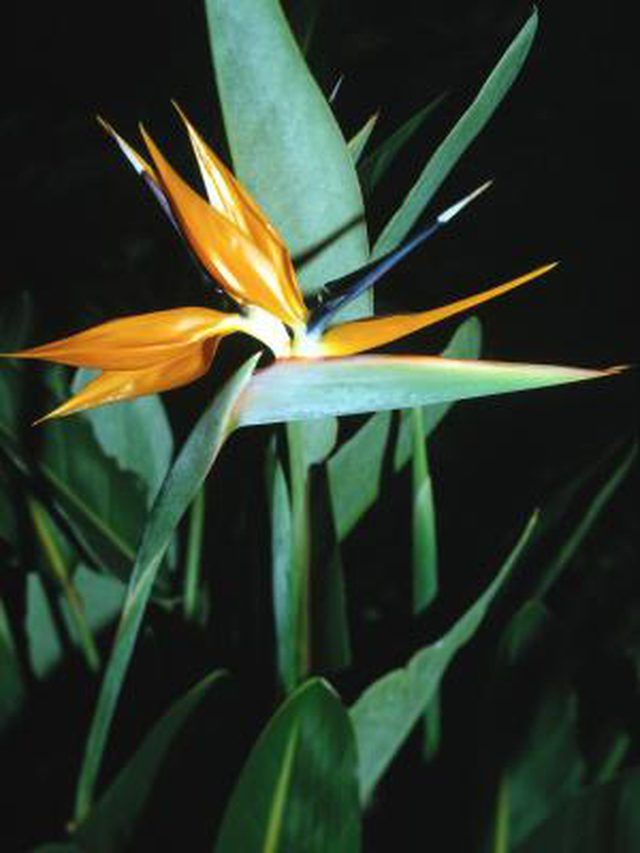Bulbs
Flower Basics
Flower Beds & Specialty Gardens
Flower Garden
Garden Furniture
Garden Gnomes
Garden Seeds
Garden Sheds
Garden Statues
Garden Tools & Supplies
Gardening Basics
Green & Organic
Groundcovers & Vines
Growing Annuals
Growing Basil
Growing Beans
Growing Berries
Growing Blueberries
Growing Cactus
Growing Corn
Growing Cotton
Growing Edibles
Growing Flowers
Growing Garlic
Growing Grapes
Growing Grass
Growing Herbs
Growing Jasmine
Growing Mint
Growing Mushrooms
Orchids
Growing Peanuts
Growing Perennials
Growing Plants
Growing Rosemary
Growing Roses
Growing Strawberries
Growing Sunflowers
Growing Thyme
Growing Tomatoes
Growing Tulips
Growing Vegetables
Herb Basics
Herb Garden
Indoor Growing
Landscaping Basics
Landscaping Patios
Landscaping Plants
Landscaping Shrubs
Landscaping Trees
Landscaping Walks & Pathways
Lawn Basics
Lawn Maintenance
Lawn Mowers
Lawn Ornaments
Lawn Planting
Lawn Tools
Outdoor Growing
Overall Landscape Planning
Pests, Weeds & Problems
Plant Basics
Rock Garden
Rose Garden
Shrubs
Soil
Specialty Gardens
Trees
Vegetable Garden
Yard Maintenance
How to Repair Bird of Paradise Leaves
How to Repair Bird of Paradise Leaves. A bird of paradise is an exotic and unusual plant that grows in warm, semi-tropical environments. Like any plant, it can suffer leaf damage. Bugs and improper care are common causes. Bug damage will appear as scale or as holes and pock marks. Improper care can cause wilted leaves. You can repair your bug-eaten...

A bird of paradise is an exotic and unusual plant that grows in warm, semi-tropical environments. Like any plant, it can suffer leaf damage. Bugs and improper care are common causes. Bug damage will appear as scale or as holes and pock marks. Improper care can cause wilted leaves. You can repair your bug-eaten or leaves with scale by using an insecticidal soap. Repair your wilted leaves by correcting the composition of the soil and by proper feeding and watering.
Things You'll Need
24-ounce to 32-ounce spray bottle
Insecticidal soap
Horticulture oil
Cayenne pepper
Organic fertilizer
Soil test kit
Bugs or Scales
Combine 1 tbsp. of insecticidal soap, 1 tsp. of horticulture oil, a pinch of cayenne pepper and warm water in a spray bottle. Shake the bottle to mix the ingredients.
Spray the leaves evenly with the solution. Spray both the tops and undersides of the leaves.
Scrape away scale using your fingernail or a stick from a frozen treat. Be gentle--scale will scrape away easily.
Re-spray the leaves with the solution, and wipe each leaf individually with a dry, soft cloth. The solution will suffocate and repel bugs, and the leaves eventually will rejuvenate.
Spray the bird of paradise leaves again if the bugs reappear.
Wilting
Follow a proper watering and feeding schedule. Too little or too much fertilizer and water can cause wilting. Apply organic fertilizer to the plants only every three months during the growing season. Water just enough to keep the soil damp, not letting it dry out and not making it soggy.
Position the plant properly. Make sure it isn't receiving too much direct sunlight. Birds of paradise like heat, but too much can dry and wilt the leaves. Replant in partial shade or add a nearby landscaping element to provide partial shade.
Examine the soil. It should not be compacted because that prevents proper drainage. Pick up a small amount of soil and sift it through your hands. It should have equal amounts of clay, sand and silt. If the soil is gummy, it has too much clay. If the soil is ultra-soft and compacts easily, there is too much silt. If it is very grainy, there is too much sand.
Do a soil test to analyze the nutrient and pH levels. Tests kits are available from extension offices and garden shops.
Dig up and temporarily pot the plant to fix the soil, if necessary. Blend up to 25 percent compost to balance the levels of clay, sand and silt. Based on the test results, add any necessary ingredients to balance the nutrient and pH levels as instructed in the test kit. Replant the bird of paradise the following season to allow time for the compost and added ingredients to blend well with the soil.
Tips & Warnings
Remove dead leaves so that new ones can grow.